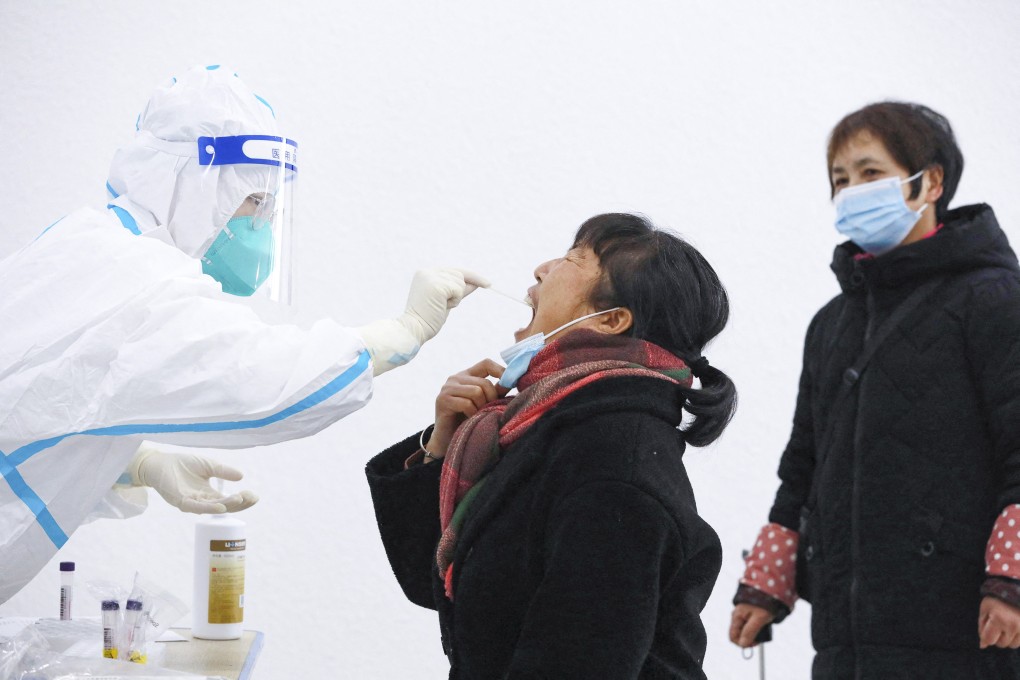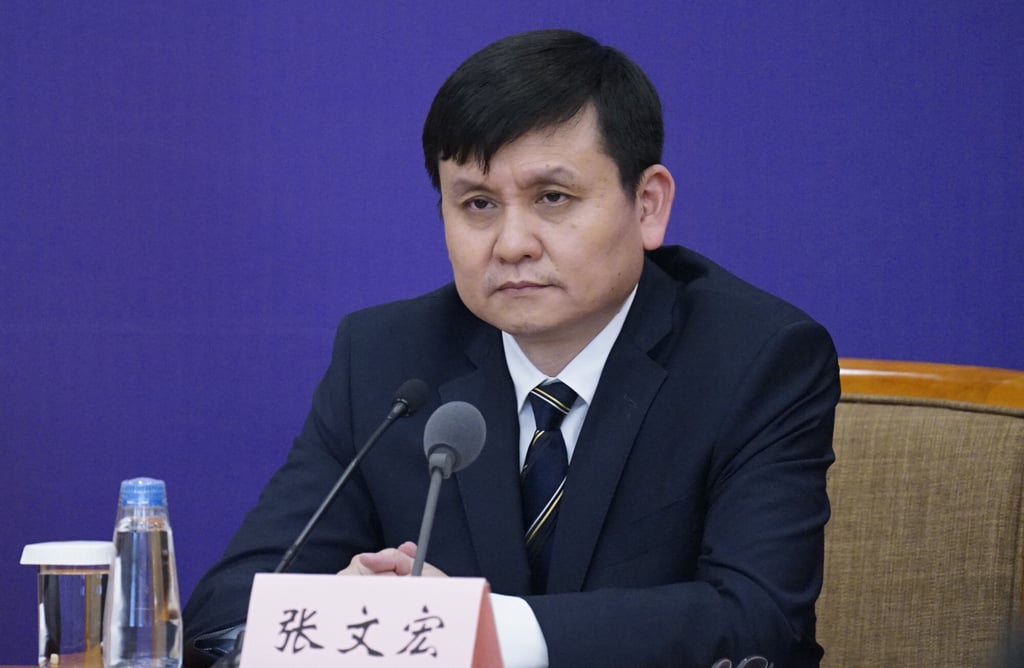Advertisement
China can win Covid-19 battle – but don’t rush things, top Chinese disease experts warn
- Zhang Wenhong and Zhong Nanshan both see a gradual easing of pandemic, but highlight need for sustained drugs and vaccines push
- China remains the only country still insisting on a ‘dynamic zero case’ policy against Covid-19
Reading Time:3 minutes
Why you can trust SCMP
99

The worst of the Covid-19 pandemic will be over gradually and China is well placed to handle it, two of the country’s top respiratory experts said.
However, both also warned against a rushed approach to achieving post-pandemic normality.
China would rather take a longer time before it can allow life to return to normal in order to keep the mortality rate low, Zhang Wenhong at Shanghai’s Fudan University said on social media, even as he expressed confidence in the ultimate defeat of the coronavirus.

“The worst days are gradually ending. China knows well how to tackle this virus and it should not rush [into things],” Zhang posted on Weibo, China’s Twitter-like microblogging platform.
Advertisement
“If we want to get over this pandemic with an extremely low death rate, [we must accept that] it will take a longer time.”
Leading epidemiologist Zhong Nanshan, who helped to shape China’s Covid-19 battle, also said that the country was heading steadily towards “normal life”.
Advertisement
“We will transition and get over the pandemic period in appropriate time, and return to normal life in a step-by-step manner,” Zhong said in a Lunar New Year message on his official WeChat account.
Advertisement
Select Voice
Choose your listening speed
Get through articles 2x faster
1.25x
250 WPM
Slow
Average
Fast
1.25x